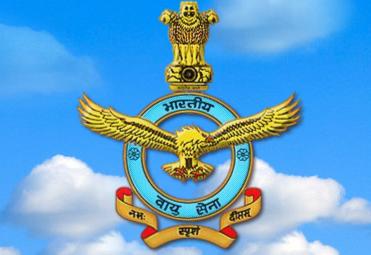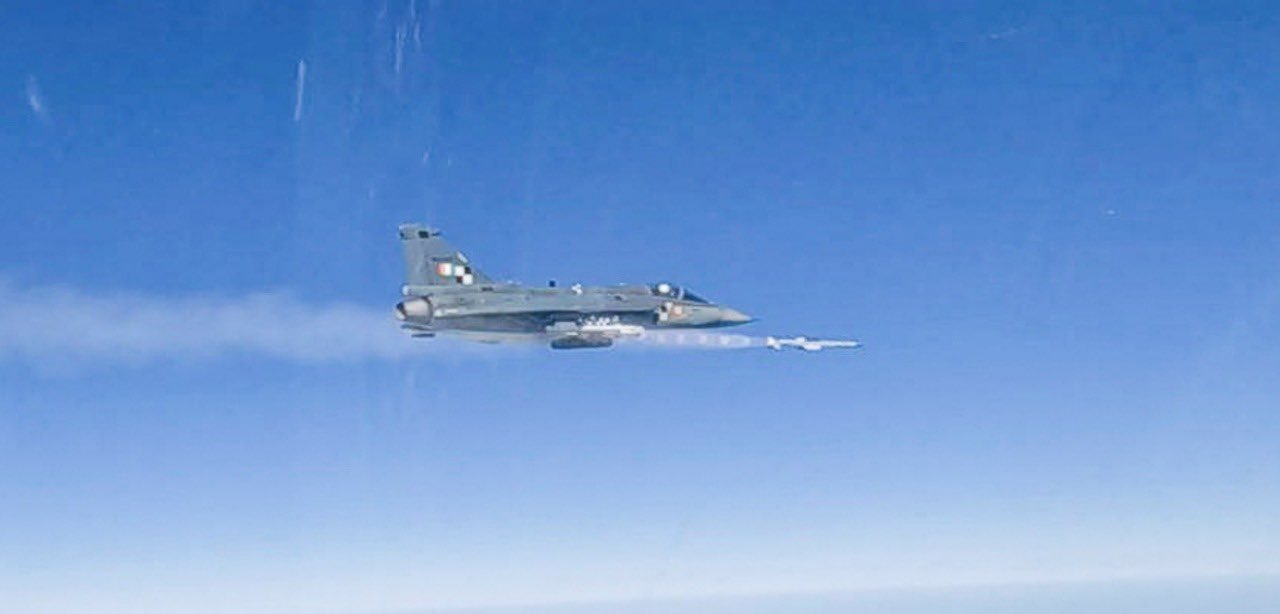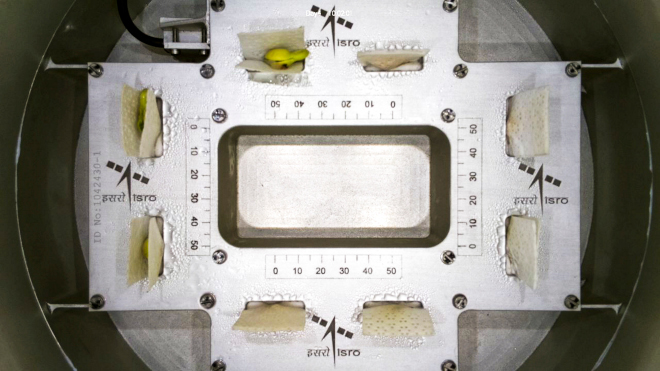
A file photo.
NEW DELHI (PTI): The dominance and control of the airspace will remain crucial to deal with future security challenges and any decision on boosting India's military capabilities must be driven by its requirement and not on the basis of what has been done across the world, Air Chief Marshal RKS Bhadauria said on Tuesday, in an oblique reference to the ambitious theaterisation plan.
At the same time, the Chief of Air Staff exuded confidence of finding a "right solution" on ensuring synergy among the three services, noting that time has come to look at the future.
"We must recognise that in the decades to come, the vertical remains the most important domain," he said at a leading think tank, adding "dominance" and "control" of the air will continue to be critical.
"Unless you can sustain your domain and dominate the air, you cannot have a successful campaign and that being the ground reality and that being the fundamental requirement of any successful campaign," the IAF Chief said, without specifically referring to theaterisation plan.
Chief of Defence Staff Gen Bipin Rawat has been working on the theaterisation model under which at least six new integrated commands are being envisaged.
"It is time that we have to look at the future. We should not look at what has been done across the world in the past or is being done. We know our areas and we know which direction we are going through. We need to decide what we want to do," Air Chief Marshal Bhadauria said.
He further added: "Our structures, organisational changes, our integration plans; that are in place, we need to look at all options which will give us the best synergy in terms of putting all these together."
Air Chief Marshal Bhadauria also suggested that work has been underway for ensuring integration among the three services.
"It is important that in our areas, how we organise ourselves and how we plan to integrate. This remains very clearly in the back of our mind and we come to structures that can not only synergise but we are able to shorten the decision routes and maintain the structures where you can most flexibly employ forces from each service and each kind of combat equipment," he said.
As per the plan, each of the theatre commands will have units of the Army, the Navy and the Air Force and all of them will work as a single entity looking after security challenges in a specified geographical territory under an operational commander.
At present, the Army, Navy and the Air Force have separate commands. Initially, a plan has been firmed up for the creation of Air Defence Command and Maritime Theatre Command.
At a seminar last month, Chief of Defence Staff Gen Bipin Rawat, while referring to the proposed integrated theatre commands, described the Air Force as a "support arm" but Air Chief Marshal Bhadauria disagreed with him, saying airpower has a huge role to play.
There has been a perception that the IAF is not very keen on the theaterisation plan.
The theatre commands are being set up under a larger mandate of ensuring synergy among the three service chiefs to deal with future security challenges.
Gen Rawat took over as India's first CDS on January 1, 2020, with a mandate to bring in convergence among the three services and restructure military commands to effectively deal with future security challenges.
In his address at the think-tank, Air Chief Marshal Bhadauria also said that India's airpower capabilities in terms of hitting targets with precision, defending assets and use of new technologies have gone up significantly after the Balakot airstrikes and rapid developments in eastern Ladakh following the Galwan Valley clashes.
The IAF Chief said India now has an "edge" in its ability on both the Western and Northern fronts to "react fast, respond fast and hit fast", noting that induction of Rafale jets has helped in bringing the "next level" of operational transformation.
About the drone strike on the Jammu airbase, he said the IAF is taking a series of initiatives including procuring next-generation jammers to deal with such challenges and added that the attack would not have been possible if it was attempted two-three months later.
Referring to the 11-day conflict between Israel and Hamas in May, Air Chief Marshal Bhadauria said that Israel's use of airpower in carrying out operations with surgical precision to achieve its objectives in Gaza against the militant group while ensuring minimum collateral damage was a reflection of the ability of the air assets.
Explaining the role of airpower, the IAF Chief also talked about the general perception to look at only its offensive role and the general tendency to say "no-no" for its use in certain situations, saying the paradigms and scenarios have shifted and there is a need to keep this in mind.
"The ability of airpower which was largely seen as an offensive, as a no-no in some situations particularly in the subcontinent...the paradigms have shifted, the scenarios have shifted and we need to keep this in mind as we go ahead," he said.
 Previous Article
Previous Article











The Indian Air Force, in its flight trials evaluation report submitted before the Defence Ministry l..
view articleAn insight into the Medium Multi-Role Combat Aircraft competition...
view articleSky enthusiasts can now spot the International Space Station (ISS) commanded by Indian-American astr..
view article